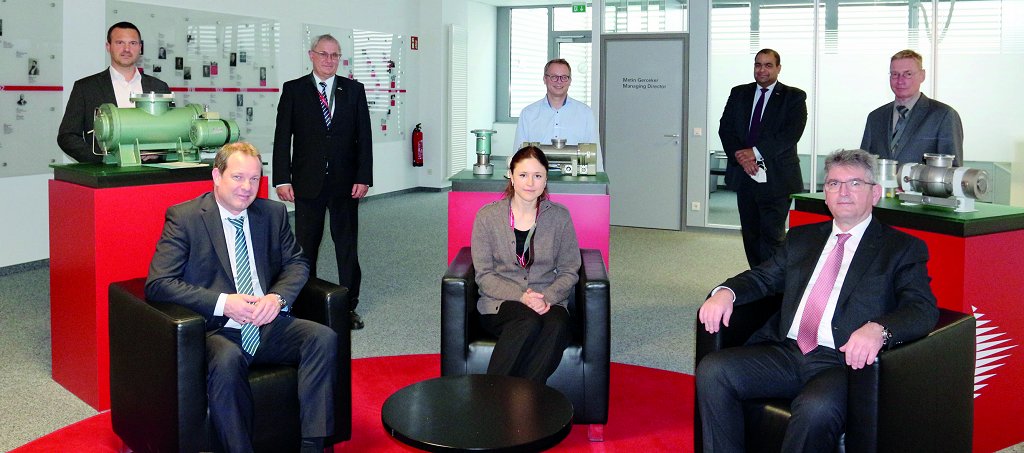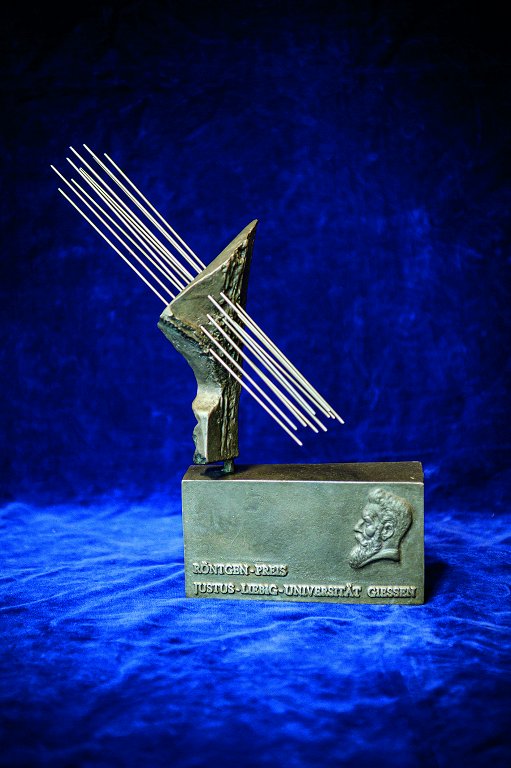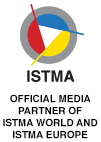Pfeiffer Vacuum Welcomes This Year’s Röntgen Prize Winner Dr Dasha Elena Nelidova
02.12.2021
• New type of treatment method for restoring vision after age-related macular degeneration
• Pfeiffer Vacuum and the Schunk Group have been promoting young scientists for many years
This year, the prestigious Röntgen Prize was awarded by the Justus Liebig University Giessen (JLU) to biologist and medical doctor Dr Dasha Elena Nelidova. Dr Nelidova, a postdoctoral researcher at the Institute of Molecular and Clinical Ophthalmology Basel (IOB), receives the prize of 15,000 euros, which is jointly donated by Pfeiffer Vacuum and the Ludwig Schunk Foundation, for the development of a new method for treating age-related macular degeneration.
 Röntgen Prize for biologist and medical doctor Dr Dasha Elena Nelidova. Pfeiffer Vacuum and Schunk Group promote young scientists.
Röntgen Prize for biologist and medical doctor Dr Dasha Elena Nelidova. Pfeiffer Vacuum and Schunk Group promote young scientists.
Since last year, the Röntgen Prize has also been available in tangible form: The JLU and the donors have had a miniature of the well-known Röntgen monument in Giessen made for this purpose. The prize has been awarded since 1960 in memory of Nobel Prize winner Wilhelm Conrad Röntgen, who was a professor in Giessen from 1879 to 1888.
 JLU Röntgen Prize.Photo: JLU/Katrina Friese
JLU Röntgen Prize.Photo: JLU/Katrina Friese
Dasha Elena Nelidova was born in New Zealand and studied human biology and medicine at the University of Auckland. She received her Doctor of Philosophy (Neuroscience) in 2019 from the Friedrich Miescher Institute for Biomedical Research in Basel, with the distinction “summa cum laude”, on the topic “Restoring light sensitivity using tunable near-infrared sensors”. The work was published in two articles in the renowned “Science” journal. As part of her research, Dr Nelidova developed a new method based on the reception of infrared radiation for restoring vision in age-related macular degeneration – the most common cause of blindness in industrialized countries. She combined nanotechnology and gene therapy to develop a sensor for the near-infrared range that enables patients to visually perceive their surroundings again. This method has already been successfully tested on mice and human retina (post mortem). In the future, Dr Nelidova will work in the field of ophthalmology at the University Hospital in addition to continuing her research at the IOB. She has already received several awards for her research and holds two patents for her inventions.
Before the award ceremony at the Justus Liebig University in Giessen, Dr Nelidova visited sponsor company Pfeiffer Vacuum and reported on her research results and findings.
For more information, please visit www.pfeiffer-vacuum.com













































